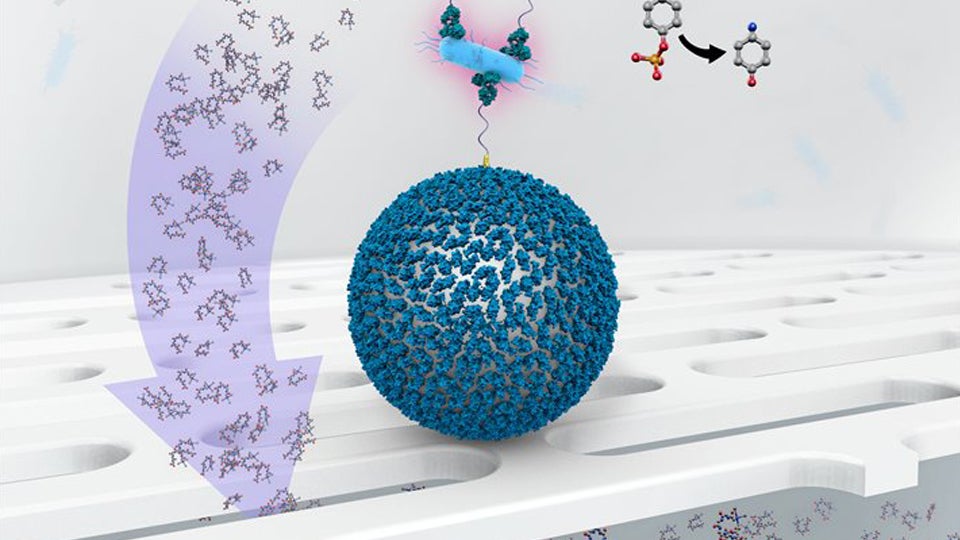Biosciences institute develops diagnosis technologies
INDIANAPOLIS (Inside INdiana Business) – The Indiana Biosciences Research Institute(IBRI) in Indianapolis has completed the development of two technologies it says could diagnose diseases faster and with more accuracy. The IBRI says its BioMEMs and SIERRA Reagent technologies could help patients get treatment more quickly.
The institute says BioMEMs is a system that uses micro-sized components to reduce cost and improve the sensitivity of diagnostic tests, and SIERRA Reagent is the platform that helps diagnose infections and other diseases from a single cell. When used together, the IBRI says they are more sensitive and provide results faster than other available products on the market today.
“My research passion has always been to identify immunity markers for infections in diabetes and obesity. So, when I had the opportunity at the IBRI to lead a team whose mission was to develop technologies that would diagnose diseases more efficiently and effectively, I took it. I’m proud to say we achieved our goal two years ahead of schedule with the completion of and testing of BioMEMs and SIERRA,” said Dr. Michael Pugia, investigator and director of the IBRI’s Bioanalytical Technologies group.
The institute says Pugia has been working to design and research the technologies for the past 20 years.
In 2016, Pugia and the IBRI began collaborating with IUPUI, the Indiana University School of Medicine, Purdue University, University of Notre Dame, Indiana Integrated Circuits and the state of Indiana to bring the technologies to fruition.
Now that BioMEMs and SIERRA Reagent have been tested, the IBRI says it has elected to license the technology to BioMEMS Analytics LLC, a South Bend-based startup. While BioMEMS Analytics will work to commercialize the technology, the IBRI will retain commercial rights in SIERRA Reagent and research rights.
“These single-cell technologies that Michael and the IBRI have developed are more sophisticated and provide a more comprehensive picture of a cell. We’re eager to launch a process that will bring these technologies to market by the end of next year,” said Brad O’Chap, CEO of BioMEMS Analytics.
The IBRI says its vision is to build a world-class organization that catalyzes activities across the life sciences ecosystem.
